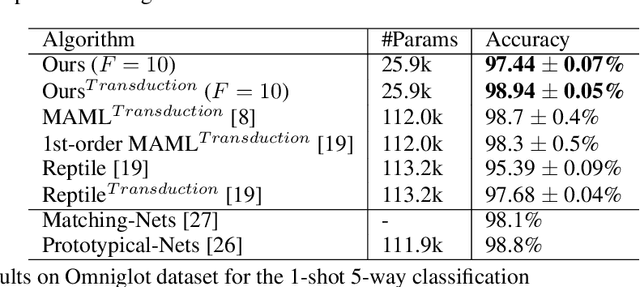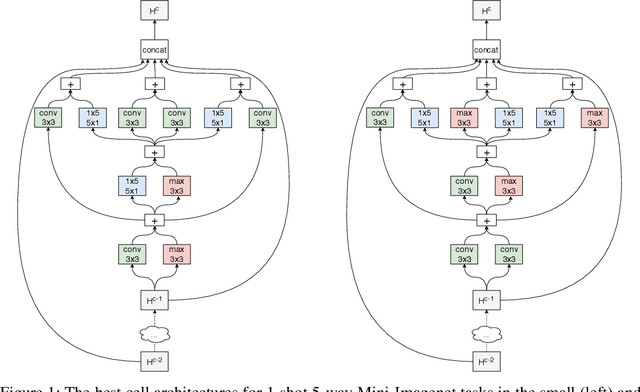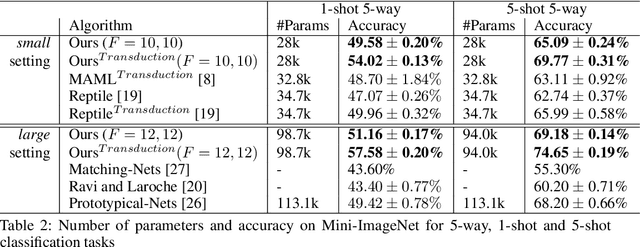Moonsu Cha
Stochastic Doubly Robust Gradient
Dec 21, 2018

Abstract:When training a machine learning model with observational data, it is often encountered that some values are systemically missing. Learning from the incomplete data in which the missingness depends on some covariates may lead to biased estimation of parameters and even harm the fairness of decision outcome. This paper proposes how to adjust the causal effect of covariates on the missingness when training models using stochastic gradient descent (SGD). Inspired by the design of doubly robust estimator and its theoretical property of double robustness, we introduce stochastic doubly robust gradient (SDRG) consisting of two models: weight-corrected gradients for inverse propensity score weighting and per-covariate control variates for regression adjustment. Also, we identify the connection between double robustness and variance reduction in SGD by demonstrating the SDRG algorithm with a unifying framework for variance reduced SGD. The performance of our approach is empirically tested by showing the convergence in training image classifiers with several examples of missing data.
Auto-Meta: Automated Gradient Based Meta Learner Search
Jun 11, 2018



Abstract:Fully automating machine learning pipeline is one of the outstanding challenges of general artificial intelligence, as practical machine learning often requires costly human driven process, such as hyper-parameter tuning, algorithmic selection, and model selection. In this work, we consider the problem of executing automated, yet scalable search for finding optimal gradient based meta-learners in practice. As a solution, we apply progressive neural architecture search to proto-architectures by appealing to the model agnostic nature of general gradient based meta learners. In the presence of recent universality result of Finn \textit{et al.}\cite{finn:universality_maml:DBLP:/journals/corr/abs-1710-11622}, our search is a priori motivated in that neural network architecture search dynamics---automated or not---may be quite different from that of the classical setting with the same target tasks, due to the presence of the gradient update operator. A posteriori, our search algorithm, given appropriately designed search spaces, finds gradient based meta learners with non-intuitive proto-architectures that are narrowly deep, unlike the inception-like structures previously observed in the resulting architectures of traditional NAS algorithms. Along with these notable findings, the searched gradient based meta-learner achieves state-of-the-art results on the few shot classification problem on Mini-ImageNet with $76.29\%$ accuracy, which is an $13.18\%$ improvement over results reported in the original MAML paper. To our best knowledge, this work is the first successful AutoML implementation in the context of meta learning.
Unsupervised Visual Attribute Transfer with Reconfigurable Generative Adversarial Networks
Jul 31, 2017



Abstract:Learning to transfer visual attributes requires supervision dataset. Corresponding images with varying attribute values with the same identity are required for learning the transfer function. This largely limits their applications, because capturing them is often a difficult task. To address the issue, we propose an unsupervised method to learn to transfer visual attribute. The proposed method can learn the transfer function without any corresponding images. Inspecting visualization results from various unsupervised attribute transfer tasks, we verify the effectiveness of the proposed method.
Learning to Discover Cross-Domain Relations with Generative Adversarial Networks
May 15, 2017



Abstract:While humans easily recognize relations between data from different domains without any supervision, learning to automatically discover them is in general very challenging and needs many ground-truth pairs that illustrate the relations. To avoid costly pairing, we address the task of discovering cross-domain relations given unpaired data. We propose a method based on generative adversarial networks that learns to discover relations between different domains (DiscoGAN). Using the discovered relations, our proposed network successfully transfers style from one domain to another while preserving key attributes such as orientation and face identity. Source code for official implementation is publicly available https://github.com/SKTBrain/DiscoGAN
 Add to Chrome
Add to Chrome Add to Firefox
Add to Firefox Add to Edge
Add to Edge